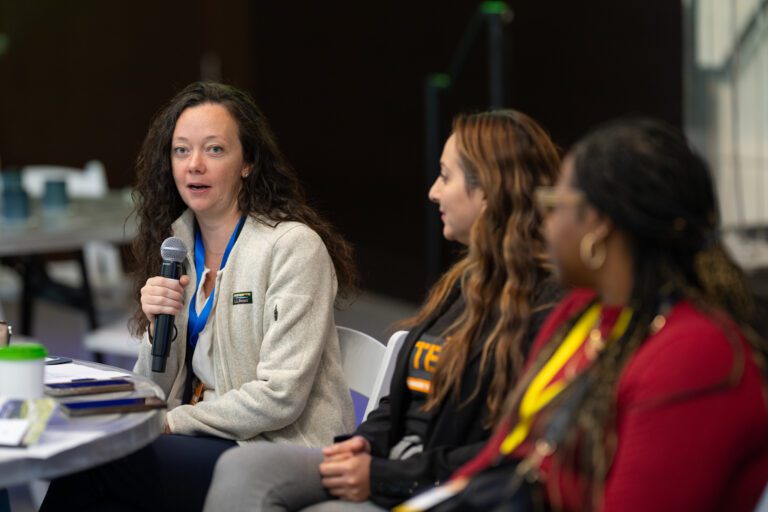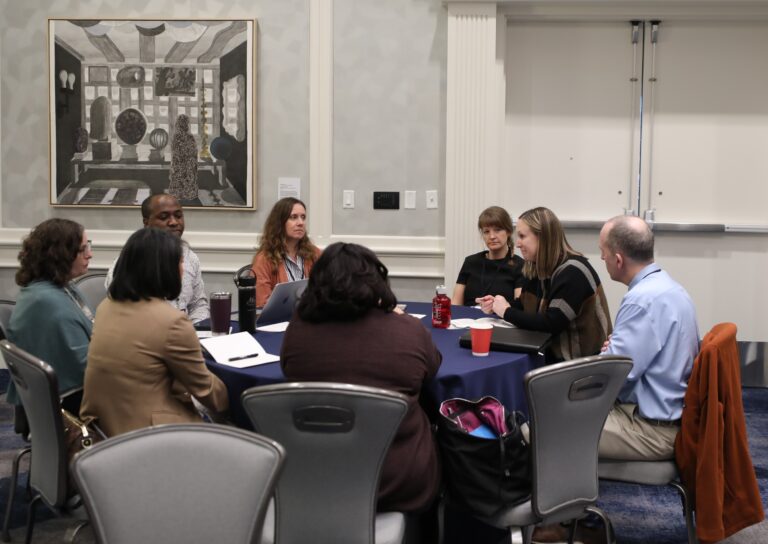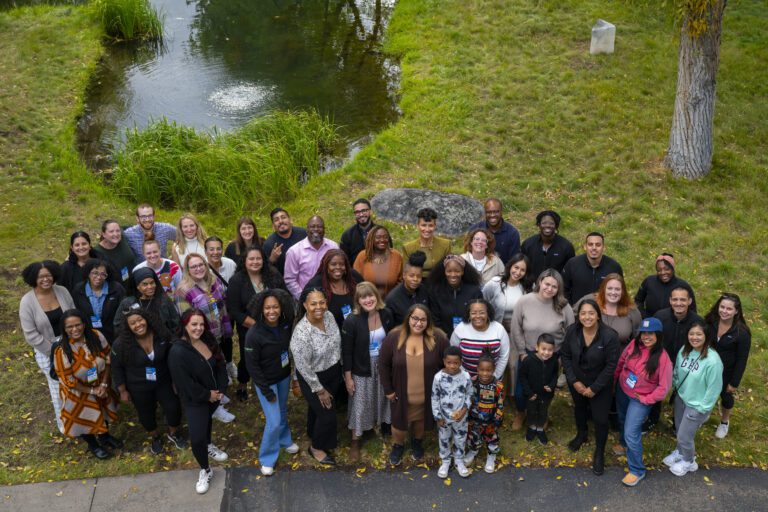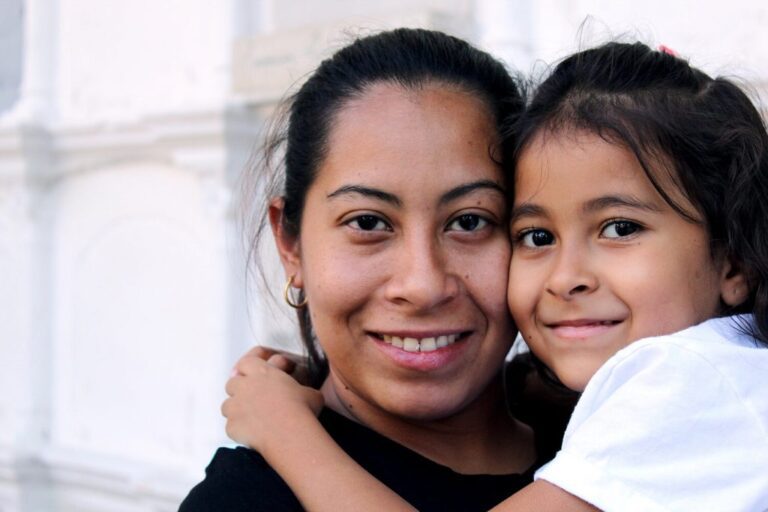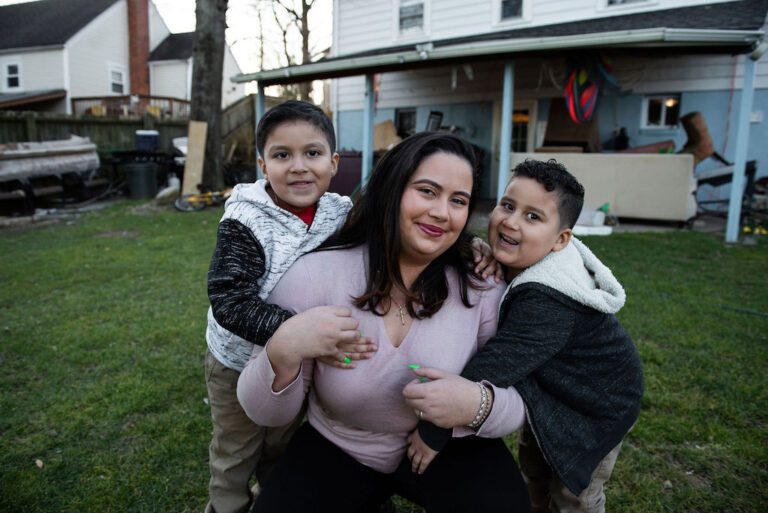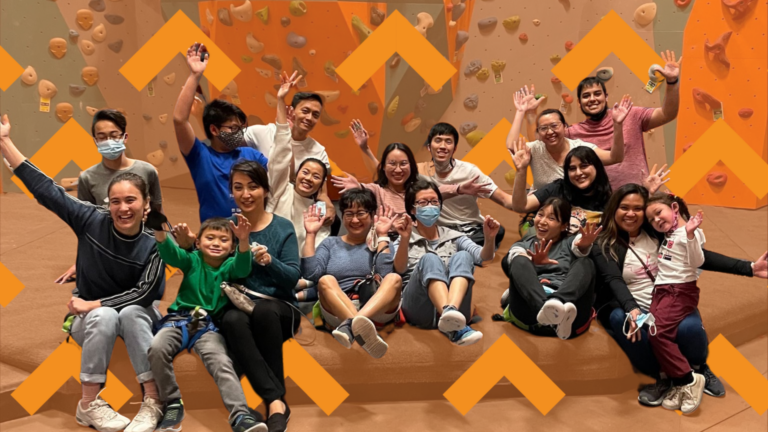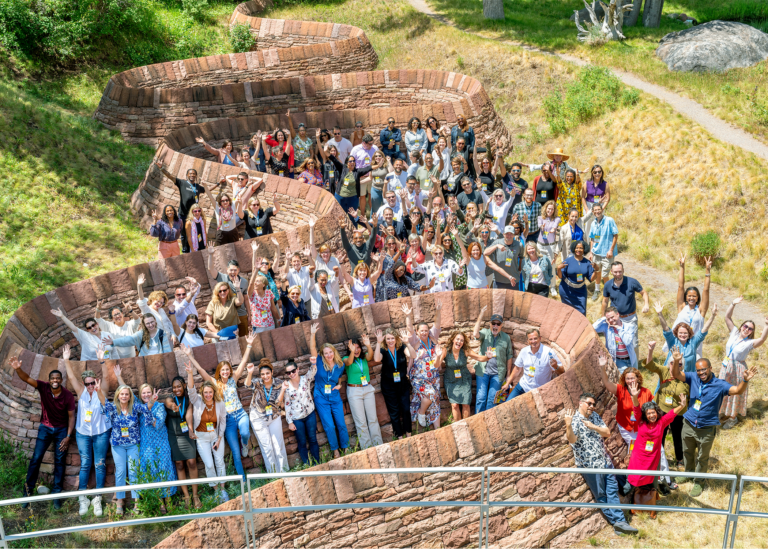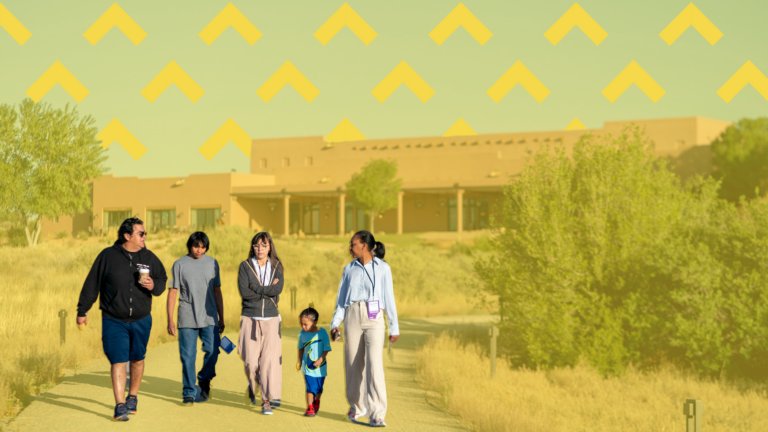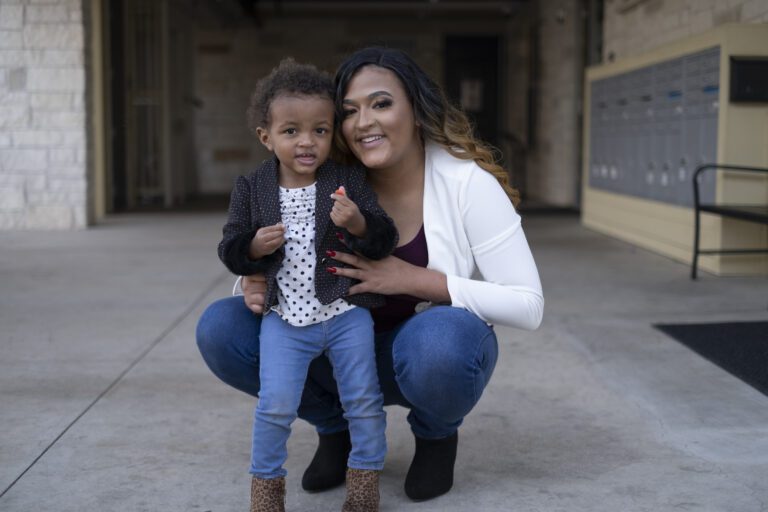Place Matters: A 2Gen Approach to Housing
Place matters in the lives of families. Homes are the anchor for family life, and the quality of one’s housing is an important determinant of health and economic outcomes. With collectively more than 100 years of policy expertise and values-based leadership between us, Ascend and the Housing Opportunity and Services Together (HOST) initiative at the Urban Institute partnered to develop a set of recommendations on how to harness assisted housing and public-private housing partnerships for better outcomes for families.
This brief provides concrete ideas and recommendations on how housing organizations, including assisted housing, residential services organizations, and public-private housing partnerships, can better serve families with low incomes. We explore the importance of blending and braiding funding streams, integrating family voice into on-the-ground programs, and the key tenets of collaboration and data sharing for improved child and parent outcomes. Throughout the brief, we apply a racial-equity lens, considering ways in which racial and ethnic disparities are illuminated in outcomes, policy, and practice. We identify opportunities to more effectively serve all communities and not ignore many which have been historically marginalized and denied opportunity.
Recommendations: 2Gen Opportunities in Housing
- Create professional development strategies and performance measures that promote and require enhanced case management and coaching that uses a strengths-based approach.
- Create strong partnerships between housing agencies and service providers that can bring services on-site in assisted housing developments, leverage home visiting programs, and stabilize families during relocation and redevelopment initiatives.
- Use a trauma-informed approach and address mental health needs of children and parents together using evidence- based approaches.
- Engage residents as leaders in designing and implementing new support systems or programs (i.e. parent policy councils) to enhance social capital, ensure services reflect families’ needs and goals,and contribute to the sustainability of the efforts.
- Support long-term stability by ensuring assisted residents have time to build assets and address economic challenges, including acknowledging and addressing benefit cliffs as they transition off assistance.
- Identify and develop partnerships with early childhood, K-12, and postsecondary systems to increase trust and engagement and address attendance and social-emotional learning.
Related Posts


